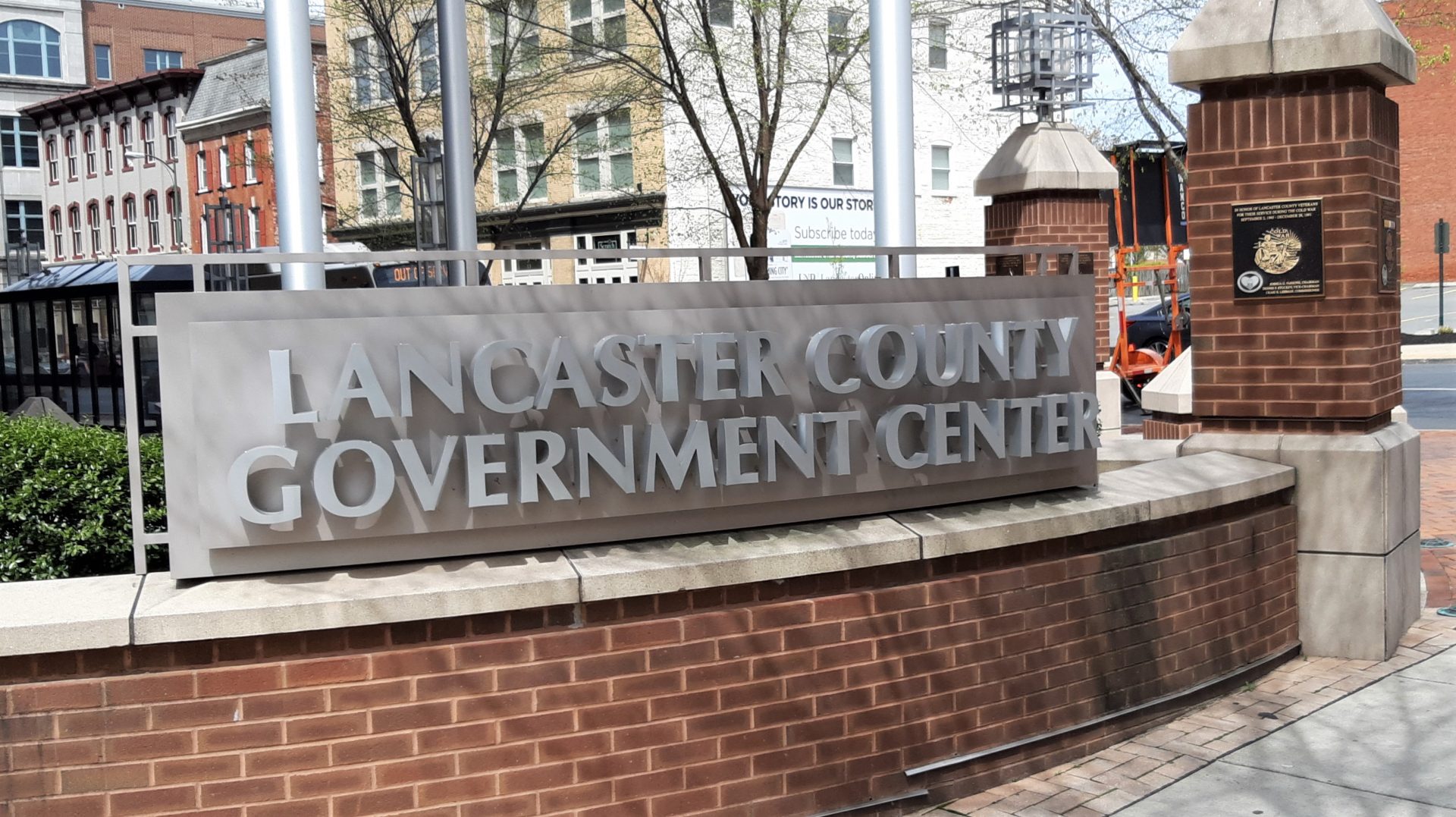
Update: The Lancaster County commissioners on Wednesday approved the county's guidelines for outside entities seeking grants from the county's American Rescue Plan Act funds.
The guidelines and application form are posted on the ARPA page of the county's website. Applications are now being accepted on a rolling basis.
As the guidelines say, the commissioners are looking "for one-time projects that will be transformational and benefit the taxpayers of Lancaster County."
An initial deadline has been set for Aug. 31. At that point, the commissioners will look at the applications and awards made to date, and see if any adjustments are needed, Commissioner Ray D'Agostino said.
The county has just under $90 million in ARPA funds remaining to split between itself and community partners, out of its initial allocation of $106 million. The county is still looking at its own needs, so it's not yet clear how much would remain available for outside initiatives.
Would-be applicants will still have plenty of opportunity after Aug. 31, D'Agostino said: "All the funds will not be gone through this round, that's for sure."
Previously reported (Tuesday, April 12):
Lancaster County's proposed guidelines for community entities to request American Rescue Plan Act funds have been revised, and the county commissioners appear to be ready to sign off on the document at their meeting Wednesday.
Once that happens and the finalized, approved version is posted online, applicants can begin making submissions right away, Commissioner Ray D'Agostino said.
There's no set timeline for the commissioners to review applications and begin making disbursements, D'Agostino said. He noted that, as with any allocation of county funds, ARPA grants will require public discussion and votes and will be listed on the commissioners' meeting agendas accordingly.
The county received $106 million in ARPA, of which it has spent $16.6 million, leaving a balance of $89.4 million. It's not clear how much of that might be available to outside entities: The commissioners have said consistently that they will fund the county government's own needs first.
Last week, the commissioners put off a vote on the guidelines to allow time for revisions in light of public feedback. D'Agostino outlined the main changes Tuesday.
While the county will still accept applications on a rolling basis, there's now an initial deadline of Aug. 31. The rolling format allows the commissioners to fund projects right away if they're ready to commence, D'Agostino said: "We don't want to miss out on that opportunity."
When Aug. 31 is reached, the commissioners will rule on any pending applications not yet dealt with, then take stock of where the program stands and whether any changes need to be made before launching a second round.
The guidelines allow multiple projects to be bundled as a single application. In that case, applicants should provide details on each project and prioritize them, as there may not be enough funding for every one, D'Agostino said.
While projects must have funding other than ARPA, the term is now "partner" funds rather than "matching" funds, allowing more flexibility. Another change allows projects with ongoing expenses to be eligible as long as those expenses are covered -- such as a municipal water project, for which debt service would be paid from users' water rates.
Under federal ARPA law, funds must be appropriated by the end of 2024 and spent by the end of 2026. The county doesn't want to have to return unspent money due to project delays; accordingly, it's focusing on the 2024 date. That said, a planned amendment will align the local timeline for spending the money with the federal government's 2026 end date, D'Agostino and Solicitor Jackie Pfursich said.
Asked by Duncan Hopkins, an organizer with Lancaster Stands Up, if the county will reserve certain amounts or percentages for categories such as broadband and affordable housing, D'Agostino said the county wants to see what sorts of projects are submitted, rather than arbitrarily setting any parameters ahead of time.
Commissioner Josh Parsons said he and his colleagues appreciate that applications in categories such as broadband may take longer to finalize, and that they have every intention of spending down ARPA gradually and deliberately, rather than rushing.
John Herr, an East Petersburg Borough Council member, asked if ARPA could go toward affordable housing; and toward a new concert venue for the Lancaster Symphony Orchestra, Allegro and other performing groups. Affordable housing is an identified priority for the county, D'Agostino said, but ARPA guidelines wouldn't permit funding a concert hall.
The county's own use of ARPA potentially include construction of the county's planned prison. At present, that's not an allowed use under ARPA, but a bill before Congress would allow up to 30% of ARPA funds to go toward infrastructure, and the prison could qualify, Parsons said.
Some related work around the prison, such as environmental work on the property's riparian buffer, would already be eligible under the existing guidance, D'Agostino has said.





